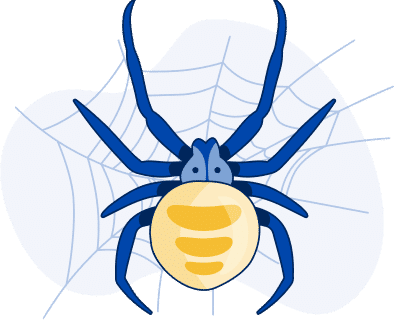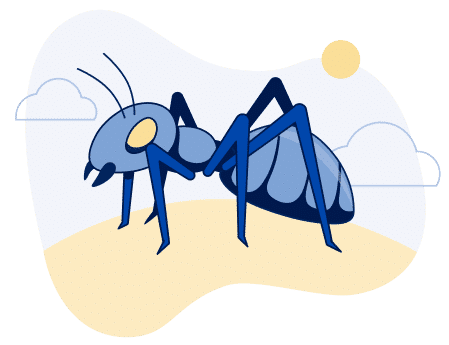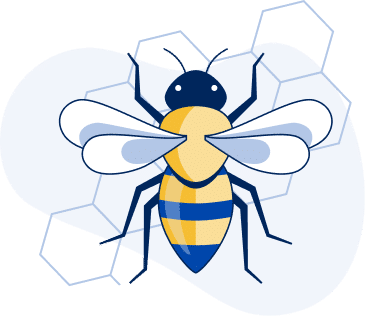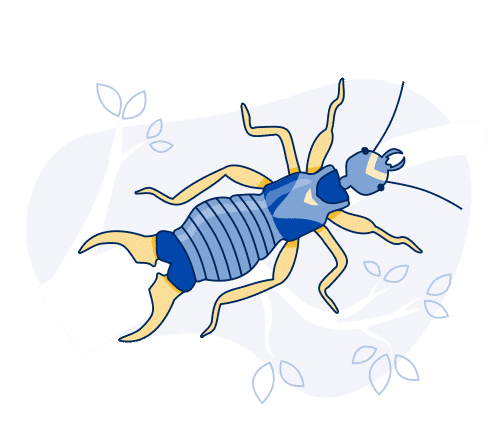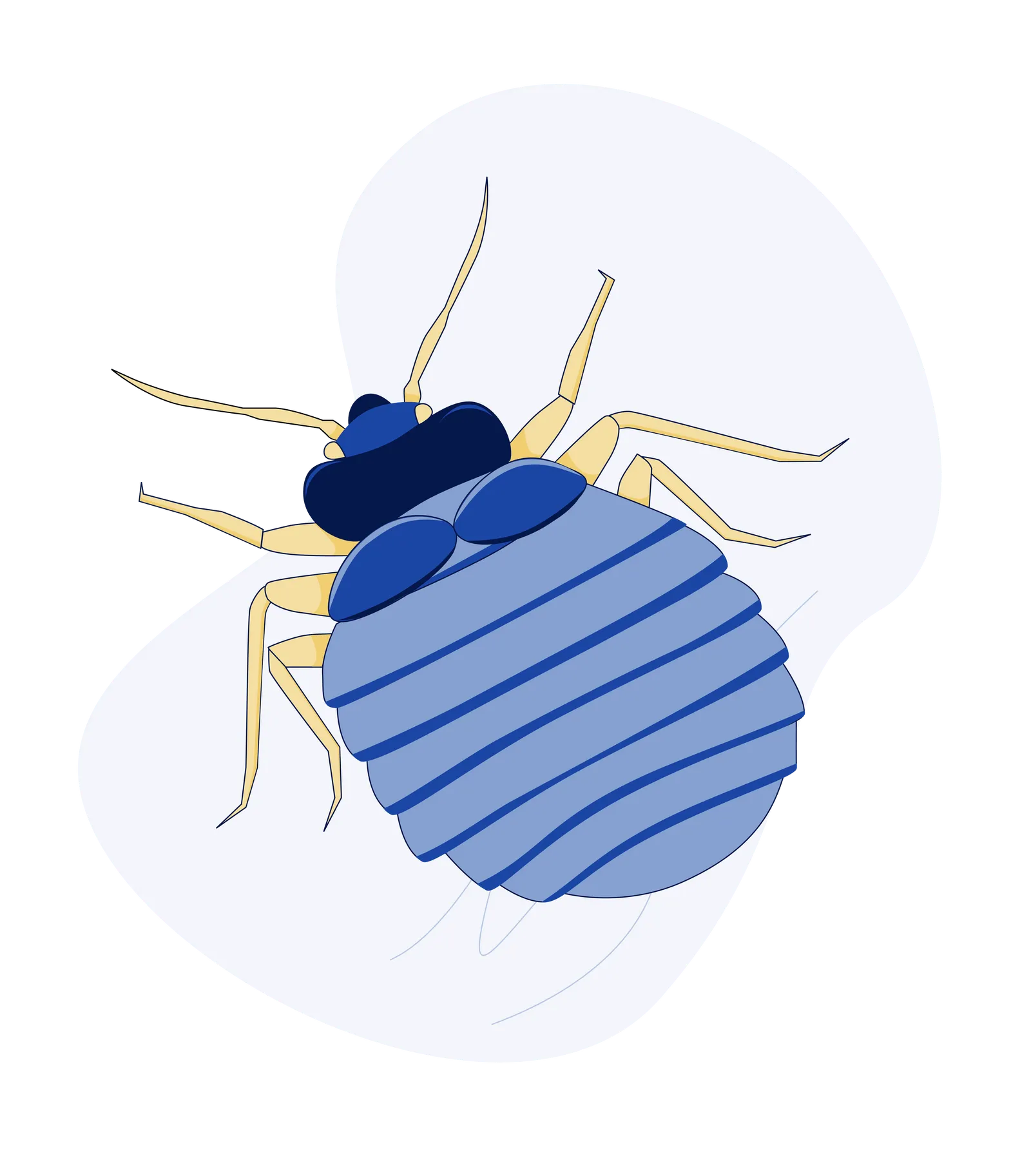Are Wolf Spiders Dangerous? Tips for Provo Residents in Handling Them Safely

Provo, Utah, is a city as rich in history as it is in natural beauty. Founded in 1849 and nestled in the heart of Utah Valley, Provo is surrounded by the stunning Wasatch Range and is home to Brigham Young University, a hub of learning and culture. With a population of over 115,000, it’s a vibrant community where education, technology, and nature coalesce.
The city’s geography offers a variety of outdoor activities, from hiking trails to the summit of Mount Timpanogos to floating down the Provo River. Its cultural scene is equally diverse, with a range of dining options influenced by global cuisines and a host of museums and art centers that enrich the lives of residents and visitors alike.
In this dynamic environment, the wolf spider has found a perfect habitat. These spiders are common in Provo and are an integral part of the local ecosystem. They help control insect populations, contributing to the ecological balance.
But the question on many minds is: are wolf spiders dangerous? Should we feel fear when we see one? The answer is reassuring. Despite their formidable appearance, wolf spiders are not aggressive towards humans and are unlikely to bite unless provoked. Even then, their venom is not harmful to us. So, there’s no need for alarm.
Understanding Wolf Spiders in Provo, Utah: Identification and Behavior
Understanding wolf spiders involves recognizing their unique characteristics and behaviors, which set them apart from other spider species. Here are key aspects to keep in mind:
Identification of Wolf Spiders
Wolf Spiders (Family Lycosidae) are robust, agile hunters with excellent eyesight. They can be identified by their eye pattern, which includes four small eyes in a row at the bottom and four larger eyes above in a square arrangement. In Provo, these spiders can vary in size but are generally brown, gray, or tan, allowing them to blend seamlessly with their environment.
Behavior and Habitat
Unlike other spiders, Wolf Spiders do not spin webs. Instead, they are ground dwellers, often found in ornamental plantings, under objects, or woodpiles. They are solitary creatures and prefer to hunt alone, pouncing on their prey with precision. You might spot larger Wolf Spiders during the fall, as this is when they are most commonly seen.
Reproductive Habits
Female wolf spiders attach their egg sacs to their spinnerets, displaying aggressive protection. Post-hatching, spiderlings ride on their mother’s back for several days.
Lifestyle
Nocturnal hunters can run up to 60cm per second. They use their excellent eyesight for hunting and typically live for about two years.
Understanding these aspects helps distinguish wolf spiders from other arachnids, such as the brown recluse, and appreciate their role in natural pest control.
Are Wolf Spiders Dangerous?
The primary concern regarding wolf spiders is their bite. Despite their fearsome appearance, wolf spiders are not a threat to humans. While they possess venom, it is primarily used to subdue their prey, not as a defense mechanism against humans. Wolf spiders are not naturally aggressive and typically flee rather than confront a human. However, they may bite in self-defense if they feel trapped or threatened.
They may enter homes during the colder months, but this is primarily in search of warmth rather than to cause any harm. For the residents of Provo, understanding these creatures is key to living alongside them without fear. They are a natural part of the Utah landscape, and learning to handle encounters with them safely can ensure a peaceful coexistence.
Symptoms of a Wolf Spider Bite
A wolf spider’s bite can be painful due to the size of their fangs, which can cause mechanical injury. The symptoms following a bite may include:
- Redness and swelling at the site of the bite
- Mild to moderate pain
- Itching around the affected area
These symptoms are generally mild and resolve on their own without the need for medical intervention. Severe allergic reactions are rare but can occur in some individuals.
Venom Toxicity
The venom of a wolf spider is designed to immobilize small prey and is not lethal to humans. In most cases, the venom will not cause significant medical issues. However, the bite can be very painful, and the discomfort lasts several days.
Frequency of Bites
Encounters with wolf spiders that result in bites are relatively rare. These spiders prefer to avoid human interaction and will only bite if they have no other means of escape. Most bites occur when a spider is unintentionally pressed against human skin.
How to Manage Wolf Spiders in Your Home?
Encountering a wolf spider inside your home can be an unsettling experience. Managing wolf spiders in your home requires a combination of preventive measures, effective control methods, and natural remedies. Here’s how you can keep these arachnids at bay:
Preventive Measures:
Outdoor Maintenance: Maintain a tidy outdoor environment by regularly clearing weeds and leaf debris. This reduces the number of available refuges for wolf spiders near your home.
Seal Entry Points: Conduct a thorough inspection of your home’s exterior for any crevices or openings. Utilize appropriate materials such as caulk or fine mesh screens to seal these potential access points, preventing wolf spiders from entering.
Lighting Choices: Employ sodium-vapor lights for your outdoor areas. These lights are less enticing to the insects that wolf spiders prey upon, thereby reducing the spiders’ incentive to come closer to your home.
Repellent Plants: Plant lavender, eucalyptus, lemongrass, or peppermint around your house as natural spider repellents. Wolf spiders have an aversion to certain scents like peppermint, lavender, and citrus oils. Using these as natural repellents can deter spiders from entering your living spaces. Simply add a few drops of these essential oils around your home, especially in areas like basements and attics where spiders may nest.
Professional Help
If you’re dealing with a significant infestation or are uncomfortable handling spiders, consider seeking services of a professional spider exterminator. Pest control specialists are equipped with the knowledge, tools, and experience to effectively manage and eliminate spider populations safely and efficiently. By employing a professional pest control service, you can ensure that the infestation is addressed thoroughly, using appropriate methods that not only remove the current inhabitants but also prevent future occurrences. This approach helps maintain a spider-free environment and contributes to your and your household’s overall well-being and peace of mind.

